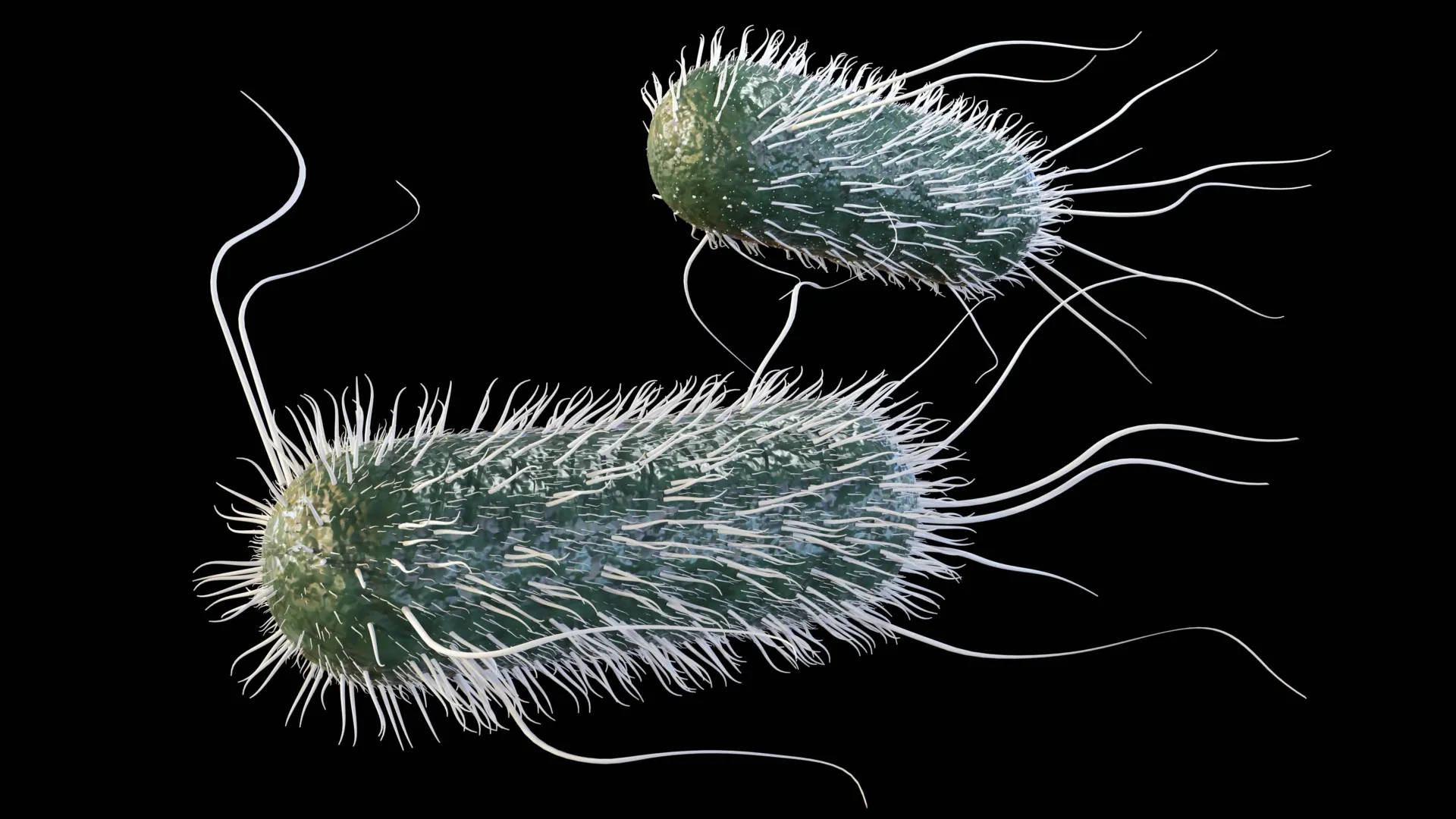Now Reading: How Your Morning Coffee May Be Undermining Antibiotics
-
01
How Your Morning Coffee May Be Undermining Antibiotics
How Your Morning Coffee May Be Undermining Antibiotics

Swift summary
- Researchers from the Universities of Tübingen and Würzburg, lead by Professor Ana rita Brochado, have studied how daily food ingredients, including caffeine, can impact bacterial resistance to antibiotics.
- The study focused on Escherichia coli (E. coli) bacteria and showed that substances like caffeinated drinks influence gene regulators controlling transport proteins in the bacterial envelope.
- Caffeine triggers changes starting with the genetic regulator Rob, leading to reduced uptake of antibiotics such as ciprofloxacin in E. coli. This interaction is termed an “antagonistic interaction.”
- Similar effects were not observed in other related pathogens like Salmonella enterica, suggesting species-specific differences in response to environmental stimuli.
- Findings underscore what researchers call “low-level antibiotic resistance,” caused by regulatory adaptations rather than classic resistance genes.
- Published in PLOS Biology, the study highlights potential implications for treatment approaches regarding diet and drug combinations during antibiotic use.
Indian Opinion Analysis
This research sheds light on a critical issue: subtle interactions between everyday dietary substances and bacterial genetics can potentially effect antibiotic effectiveness. With caffeine shown to reduce the efficacy of ciprofloxacin against E. coli, it calls attention to how routine health practices-such as consuming certain beverages-may inadvertently contribute to low-level antibiotic resistance.
For India specifically, this has important healthcare implications due to its high prevalence of antibiotic usage coupled with diverse dietary habits involving tea or coffee consumption. Preventive measures could include targeted public awareness campaigns emphasizing mindful consumption during medical treatments requiring antibiotics. Moreover, these findings may urge policymakers and medical experts to revisit guidelines for prescription practices considering environmental interactions affecting drug efficacy.
As India continues striving toward combating antimicrobial resistance-a recognized global health threat-this research emphasizes the pressing need for interdisciplinary approaches blending microbiology, pharmacology, and nutrition science into standard healthcare protocols.























